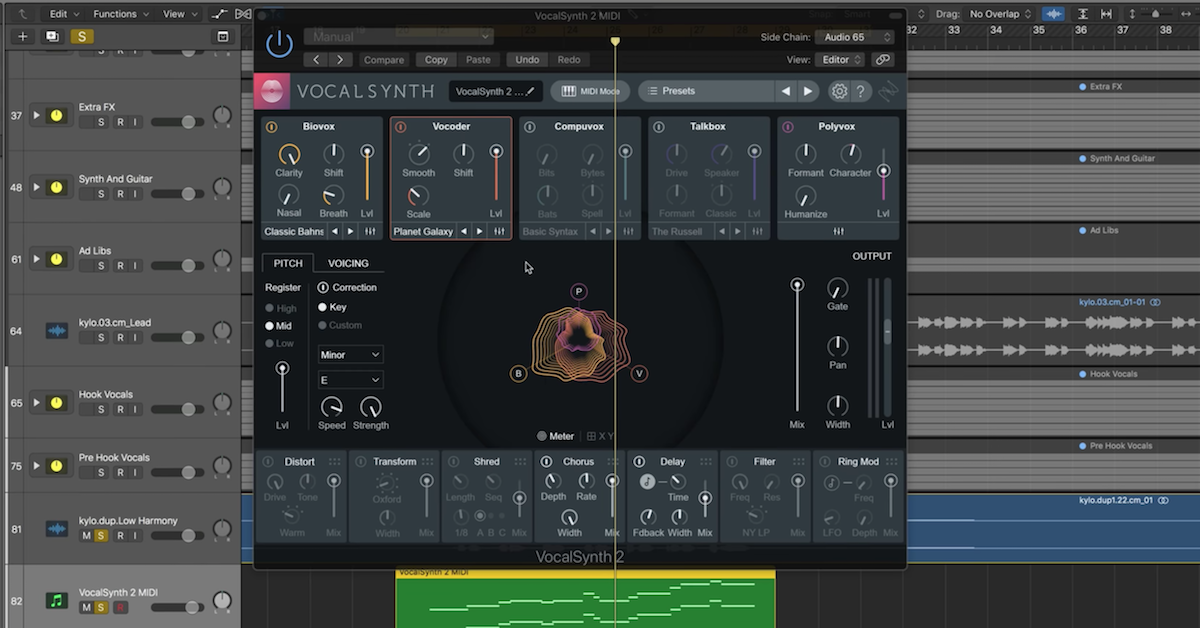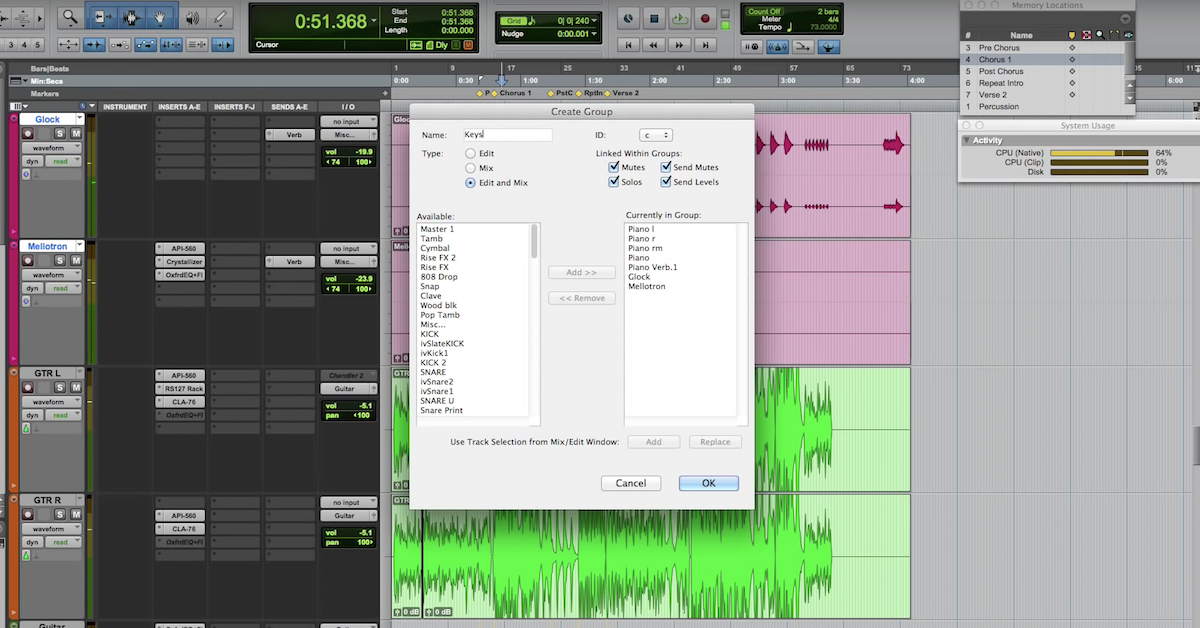7 Essential Traits of a Great Record Producer
Article Content
Being a successful producer can mean wearing a lot of different hats in the recording studio. Here’s a list of seven essential traits of a great producer.
1. Wishbone
Making a record is a highly personal thing. Most artists write music about their lives. Even if it’s not obvious in the lyrics, often there is a hidden meaning.
This means there is going to be a very personal connection to the music. You must be aware of this as a producer. There may be times when you have to push for a change and you get resistance.
Having an awareness of their emotional connection to the music can allow you to communicate better. Sometimes an artist doesn’t want to change a part, not out of ego, but because of an emotional tie. Depending on the way you approach the subject, you can encourage change or create a standoff.
I’m not saying don’t push for change; I’m saying think about the way you communicate and don’t be dry or harsh.
2. Match Maker
Part of the job of a producer is to bring musicians together to capture the desired sound of a record. This isn’t a simple job of just calling a drummer and bassist.
A great producer will think hard about which musicians are a perfect match for the project. They won’t just call their closest friends.
This also means that sometimes the producer has to replace incoming musicians on a project. This is one of the hardest parts of producing as you’re going to ruffle some feathers.
In a lot of ways, you’re the captain of the ship. You staff the boat. The end result is very much a result of the company you keep.
3. Vibe
A producer sets a vibe for every session. You’re the master of ceremonies. When I get called as a session musician, I’m always appreciative when I show up and the producer introduces themselves immediately.
Forget about the “too-cool-for-school” vibe. Don’t sit in the corner on your phone as people are coming in. Make them comfortable. Be friendly. It will improve the performances and vibe for the session.
Also, introduce anyone new to the session to everyone in the room. Include the names of every intern too. Respect and friendliness go a long way.
4. Sound Scope
If you’re lucky enough to hire an engineer on the session you’re producing, it doesn’t mean it’s time to check out.
You should still be active in getting sounds. The engineer will set up the mics, but you should be in control of your desired sonic soundscape.
Again, I go back to the captain of the ship analogy. The producer is the one that knows how to tie it all together.
You have to know how each sound fits into the entire record. You’re always seeing the puzzle completed and not as individual elements.
5. Guard
In the event some weird vibes happen on a session, douse the flames immediately. I’ve seen this happen in particular with sexism toward female songwriters.
If an engineer, musician, intern (anyone) makes any kind of condescending remark, you need to contain it.
First of all, it’s 2017, there’s no room for that behavior in public, let alone a session. Recording sessions are supposed to be a place where creative people can feel safe and free to explore their art and themselves.
I’m pretty direct with anyone that makes a racist or sexist comment on a session. It’s not acceptable on any level.
Since you’re the captain of the ship, you have the power to contain it the most. Nothing makes my blood boil quite like this. Mutual respect is incredibly important.
6. Bookie
If you’re producing a session and things take longer than expected, who is to blame? The producer! It will always fall on your shoulders.
One of the biggest jobs of a producer is handling the budget. You should know how much everything costs. Money flies out the window quickly. This means you know who is coming in and how much it will cost. Always have a total in your head.
7. Time Cop
It’s important that the people you hire know time is crucial. In general, professional musicians respect this. However, from time to time, people can be late for non-emergency reasons.
There is some leniency in time. It’s one of the reasons we all get into the music biz. Musicians don’t like “the man” always looking over their shoulders.
However, if you’re preparing to track a pro session, time is of the essence. A musician who’s a half hour late can cost the artist hundreds of dollars.
It’s worth mentioning if you’re on a strict timeline, don’t get upset if someone shows up five minutes in either direction. There has to be some flexibility. However, twenty minutes is unacceptable. Again, if you’re working with professionals, this will rarely be the case. You should still plant the seed on time constraints during your pre-session conversation.
Producing is all about the details. The more you plan in advance, the smoother things will go in a project.






